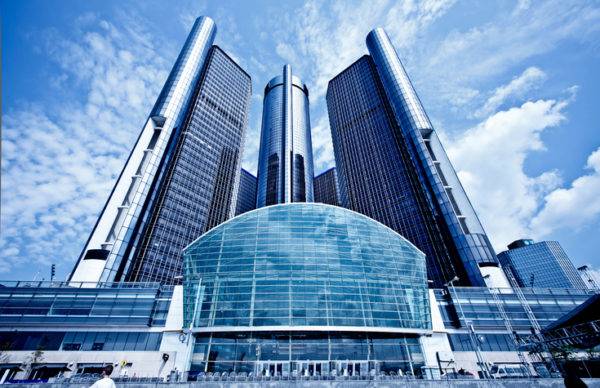General Motors announced on Thursday a major expansion of its self-driving operations in Silicon Valley.
The automaker intends to hire 1,100 people and double the research and development space available for its self-driving subsidiary, Cruise Automation.
See Also: Automotive 2.0: The new road ahead to autonomous vehicles
GM has, in collaboration with Cruise, been testing 50 Chevrolet Bolt cars in San Francisco, Arizona, and Detroit for over a year. Rumors suggest GM will heavily expand the amount of self-driving vehicles on the road next year, to potentially number in the thousands.
“As autonomous car technology matures, our company’s talent needs will continue to increase,” said Cruise Automation’s CEO, Kyle Vogt. “Accessing the world-class talent pool that the San Francisco Bay Area offers is one of the many reasons we plan to grow our presence in the state.”
GM following Ford?
The expansion comes a few weeks after Ford, its main competitor in the U.S., announced a $1 billion investment in Argo AI, to be sent over the next five years. The investment gives Ford access to a talent-filled startup working on all sorts of autonomous technology.
General Motors has not set a clear roadmap for its self-driving program, unlike Ford, which wants to have a fully driverless vehicle on the road by 2021. Both automakers are likely to launch ride-sharing services for the self-driving cars, GM may use Lyft as the default service.
Other competitors, including Waymo and Tesla, want to see self-driving cars on the road earlier, but lack the manufacturing (Waymo) and distribution (Tesla) prowess of GM and Ford.


















